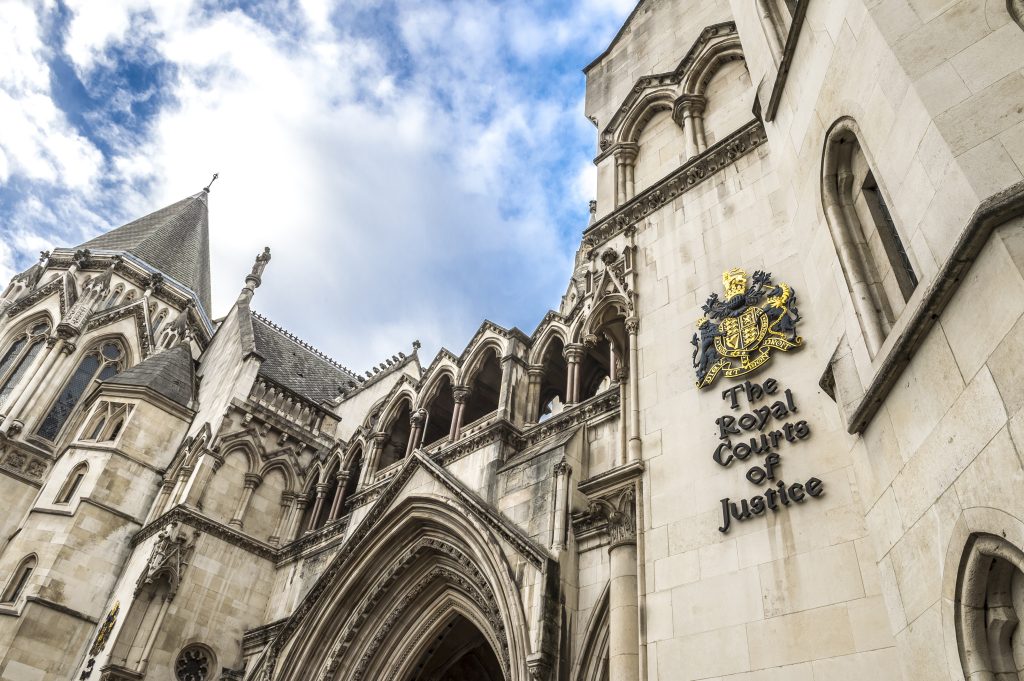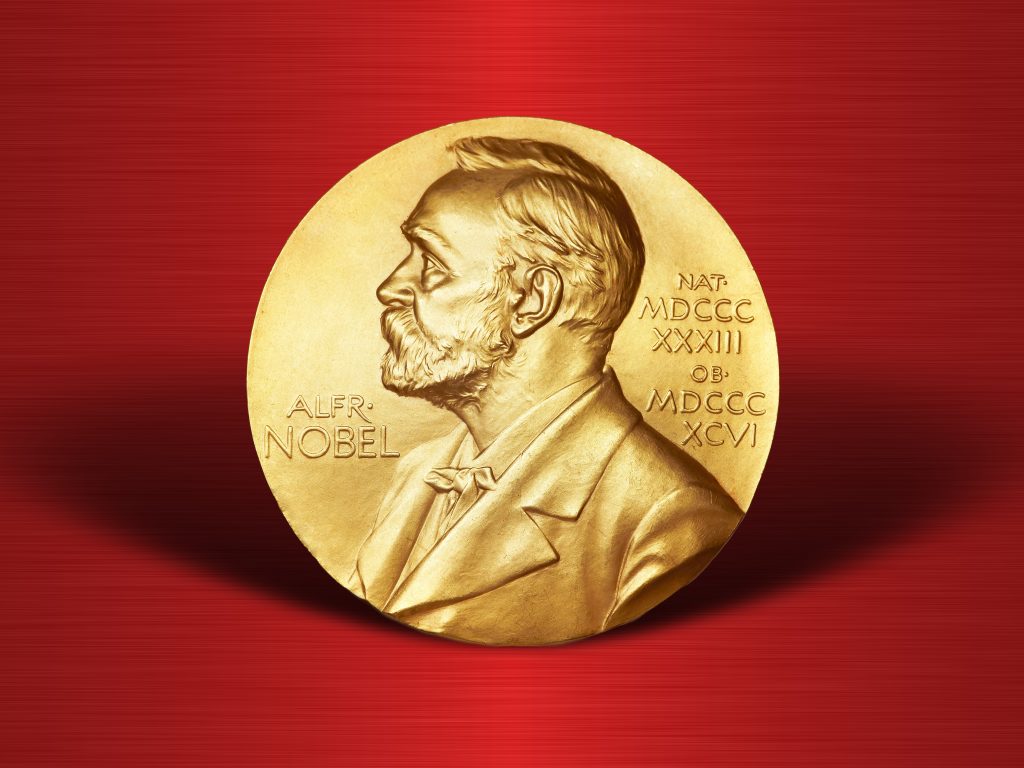
With the preliminary opinion of the Enlarged Board of Appeal now published, we have been provided with an insight into the issues the Enlarged Board considers to be of potential significance for discussion during the oral proceedings, which are scheduled to take place on 24 November 2022. Before the preliminary opinion was issued, the Enlarged Board received 20 amicus curiae briefs from various parties, including bodies representing professional representatives and industry. Here, we review how the preliminary opinion corresponds to the amicus curiae briefs, in search of further insight into how the oral proceedings may play out and what the final decision of the Enlarged Board of Appeal may be.
A brief reminder of the questions
In the preliminary opinion, the Enlarged Board of Appeal confirmed that it will consider the questions of law referred to it. These questions are:
- Should an exception to the principle of free evaluation of evidence (see e.g. G 3/97, Reasons 5, and G 1/12, Reasons 31) be accepted in that post-published evidence must be disregarded on the ground that the proof of the effect rests exclusively on the post-published evidence?
- If the answer is yes (the post-published evidence must be disregarded if the proof of the effect rests exclusively on this evidence), can the post-published evidence be taken into consideration if, based on the information in the patent application in suit or the common general knowledge, the skilled person at the filing date of the patent application in suit would have considered the effect plausible (ab initio plausibility)?
- If the answer to the first question is yes (the post-published evidence must be disregarded if the proof of the effect rests exclusively on this evidence), can the post-published evidence be taken into consideration if, based on the information in the patent application in suit or the common general knowledge, the skilled person at the filing date of the patent application in suit would have seen no reason to consider the effect implausible (ab initio implausibility)?
Question One
As discussed in our article reporting the preliminary opinion here, the preliminary view of the Enlarged Board is that question one should be answered “no”, acknowledging that disregarding post-published evidence as a matter of principle where the post-published evidence is the exclusive support for a technical effect would deprive parties of a basic legal procedural right. Although several amicus curiae briefs included criticisms of the wording of this question, a fair number generally agreed with this conclusion.
Questions Two and Three
Sufficiency
Some of the amicus curiae briefs included substantial discussion of the relationship between sufficiency of disclosure and inventive step if there is to be a plausibility requirement. However, the Enlarged Board considers that extending the scope of the referral beyond what the referring Board identified as decisive, would not be appropriate. Seemingly, against the consensus of the amicus curiae briefs, this means that the Enlarged Board will likely only consider the significance of post-published evidence relied upon in respect of a purported technical effect in the context of inventive step.
Inventive step
The Enlarged Board suggested that post-published evidence can be taken into account if the skilled person would not have had any significant reason to doubt the purported technical effect.
This would set a relatively low threshold for allowing post-published evidence to be taken into account when assessing inventive step. A common argument in the amicus curiae briefs in support of the Enlarged Board’s preliminary opinion is based on principles of natural justice, rather than deriving basis from the European Patent Convention (EPC). In particular, it is frequently pointed out in the briefs that it is impossible for applicants to be aware of every piece of prior art when drafting the initial application, and they should therefore not be blocked from providing post-published evidence in support of a reformulated technical problem in response to prior art identified later on in prosecution.
Furthermore, several amicus curiae briefs argued that a high bar for considering post-published evidence would lead to more evidence required in the initial application, which risks hampering the efforts of smaller entities, such as universities, start-ups and SMEs, who may not be able to invest the resources necessary to collect the required evidence prior to filing. Moreover, it was argued that any decision to apply a high bar test at the European Patent Office may result in an inequitable situation for applicants in the biotech and pharma sectors with regard to the timing of patent filings when compared to other sectors.
On the other hand, the amicus curiae briefs also contain strong arguments in favour of a high threshold for allowing post-published evidence to be considered, or even barring it completely. Such arguments highlight the importance of legal certainty for third parties relying on the content of the original application, and assert that the EPC does not provide basis for an applicant to improve their position by presenting post-published evidence not available at the filing date.
Summary
The plausibility requirement has developed into a controversial and often confusing aspect of European patent law. The preliminary opinion of the Enlarged Board gives us a strong indication as to what the final decision will be, and suggests that a version of the plausibility requirement is here to stay.
Next steps
We will be reporting as the case progresses, so connect with us on LinkedIn here and sign up here to receive further G 2/21-related news and insights. In the meantime, please contact Tom Blackburn or John Fisher if you would like to discuss the potential relevance of G 2/21 and plausibility to your business.





